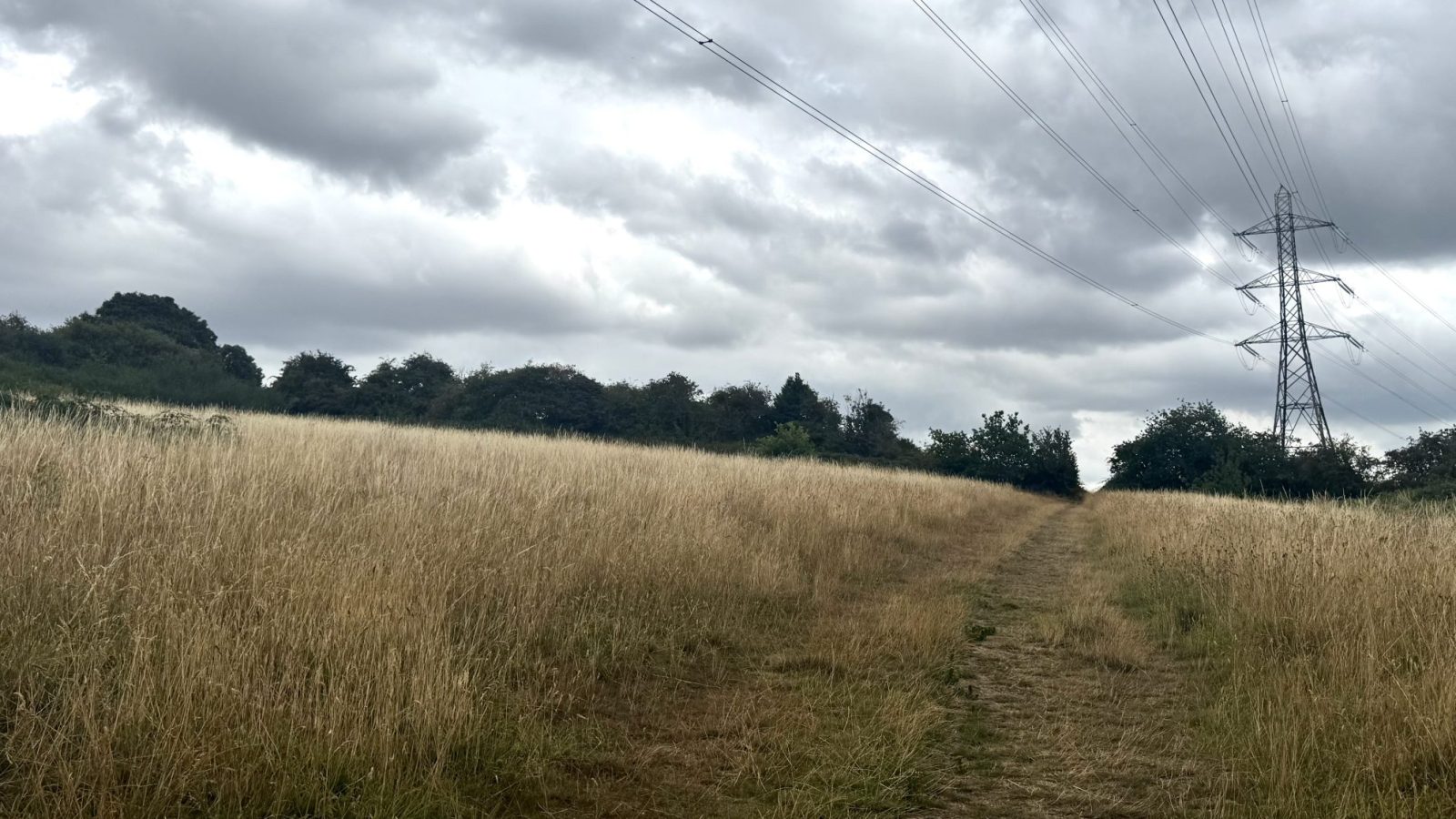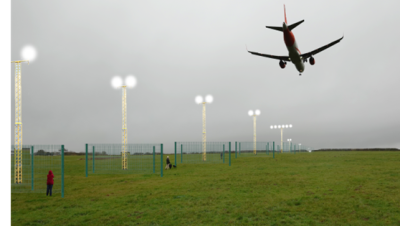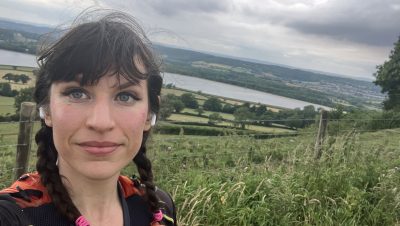Your say / Brislington Meadows
‘It’s the local landscape that is in keeping with the local landscape, not 260 houses’
The whole of Brislington Meadows should have its high wildlife value further enhanced, instead of having housing built over it with a simplistic and narrow attempt to somehow compensate for the local loss.
Local people regard Brislington Meadows as irreplaceable.
Sadly, the very basic biodiversity net gain (BNG) tool now part of the planning system, so often isn’t resulting in leaving nature better than it was found.
is needed now More than ever
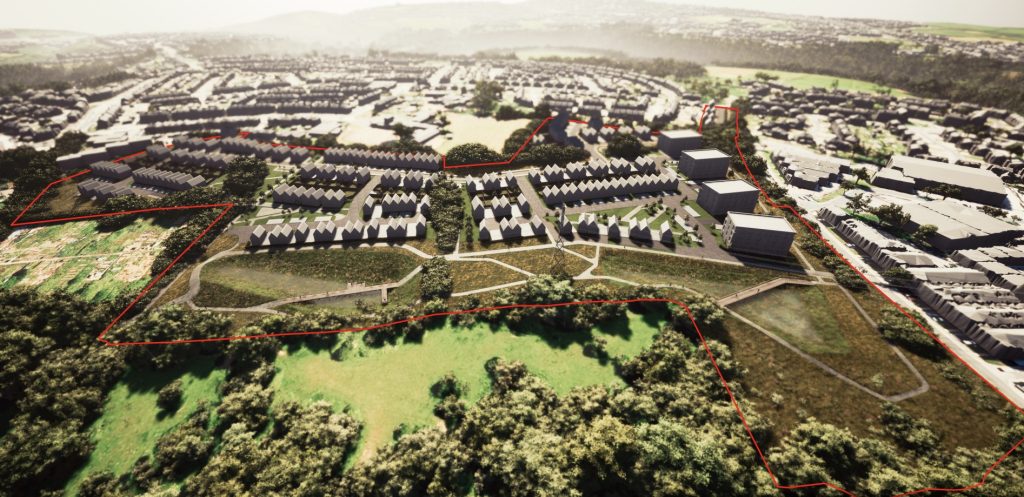
Aerial imagery of Brislington Meadows Map – image: Getmapping Pic and Bluesky International Limited 2021 OS
As highlighted by many reports of failed, unenforced schemes or schemes long distances away from the environment destroyed – hardly a compensation for locals.
The developers claim that building 260 homes on the meadows ‘will be in keeping with the local landscape.’
This is greenwash.
Their description makes it sound like they are covering no habitats and replacing no species at all with brick, concrete and tarmac.
It’s the local landscape that is in keeping with the local landscape, not 260 houses.
BNG is a simplistic tool often used to enable the development part of sustainable development while ignoring or playing down the sustainable part.
Many aspects of the genes, species, populations, communities and ecosystems that make up our biodiversity are not accounted for.
In every city neighbourhood green spaces are vital to the quality of our lives, offering relief from built over areas or from the persistent congestion, noise and air pollution.
They are a way of connecting with and appreciating nature – vital to our wellbeing and to encouraging environmental respect.
We sorely need this respect to build the green attitudes and actions needed to fight the climate, biodiversity and wellbeing emergencies.
Emergencies are situations posing immediate threats to us, requiring urgent intervention to stop things getting worse.
This means promptly ending the activities damaging our climate, ecology and wellbeing and replacing them with those that regenerate, conserve and sustain life; so, we need the whole of the Brislington Meadows site to be wildlife enhanced.
Cities and countries that declare climate and ecological emergencies, as Bristol and the UK have, but then build over green spaces instead of protecting and enhancing them are saying one thing but doing another.
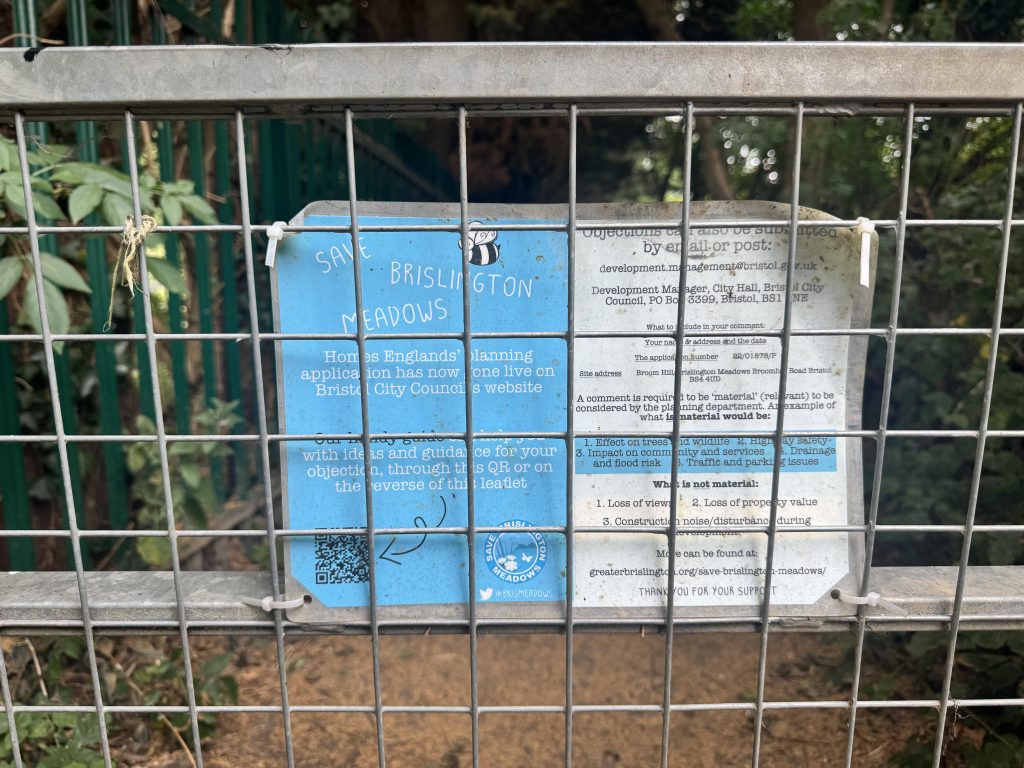
A walk through Brislington Meadows on a Saturday is peaceful and quiet – photo: Hannah Massoudi
Every green space replaced by concrete, brick and tarmac is one that cannot have its climate, ecological and wildlife value enhanced.
Flooding is happening increasingly often due to climate change.
Green spaces provide storm water drainage and thus flood protection, as the land soaks up, temporarily stores and then gradually releasees rain.
They take carbon from the air and reduce energy demand through shading and cutting wind speeds and thus help to fight climate change.
Losing neighbourhood green spaces is as bad as adding carbon to the air.
Bristol is noisy and its air is heavily polluted. Green spaces reduce noise and air pollution.
They moderate city temperatures, shading and humidifying the air and offsetting the urban heat island effect.
Heatwaves are a danger to health and are happening increasingly frequently, so we need our local green spaces more than ever.
The UK is one of the most wildlife depleted countries in the world, not least in Bristol.
Green spaces provide wildlife habitats and food supplies, boosting biodiversity.
No wonder that species from bees, to bats, to hedgehogs are under threat if we build over the spaces that sustain them, neighbourhood by neighbourhood, cutting the continuity of the greenery available to them.
Even the most neglected green spaces will absorb, store and gradually release rain, absorb carbon and other pollutants, grow wildflowers, provide a perch and food for birds, and provide people with opportunities for exercise and interest and a feeling of space.
City green spaces like Brislington Meadows should be rewilded instead of built over, to further enhance their climate, ecological and wellbeing value – they are already semi-natural, giving a head start.
People benefit greatly from the flood protection, climate moderation, pollution reduction and wildlife provision.
The human health and wellbeing benefits in open, green spaces are huge because of the quality they bring to local life.
This is an opinion piece by Glenn Vowles, a Bristol environmentalist, a science tutor at the Open University and he writes for the blog Conserver Living.
If you would like to write an opinion piece to be featured on the website, please send an email to ed-team@bristol247.com with your opinion piece idea and we will get back to you with instructions on the next steps.
Main photo: Hannah Massoudi
Read next:
 Our newsletters emailed directly to you
Our newsletters emailed directly to you